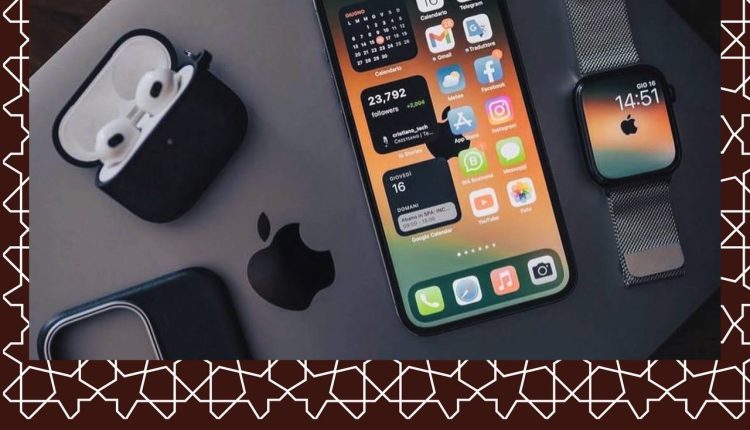How Smart Technologies Contribute to Improving Healthcare and Disease Management
In recent years, smartphones have evolved beyond mere communication devices to become indispensable tools that have transformed various aspects of our lives, including healthcare. With the integration of smart technologies, these pocket-sized devices are playing a significant role in improving healthcare delivery, empowering individuals to take charge of their health, and revolutionizing disease management. This article explores the ways in which smartphones and smart technologies are contributing to enhancing healthcare and managing diseases.
Remote Monitoring and Telemedicine:
Smartphones equipped with sensors, health apps, and connectivity features enable remote monitoring of vital signs, chronic conditions, and overall health status. Through telemedicine platforms, patients can consult healthcare providers, receive diagnoses, and access medical advice without the need for in-person visits. This remote monitoring capability enhances access to healthcare services, particularly for individuals living in remote areas or those with mobility limitations, while also reducing healthcare costs and improving patient outcomes.
Health Tracking and Wearable Devices:
The proliferation of health-tracking apps and wearable devices has empowered individuals to monitor their fitness levels, track physical activity, and manage chronic conditions in real-time. Smartphones serve as central hubs for collecting, analyzing, and visualizing health data captured by wearables, such as smartwatches and fitness bands. This continuous monitoring facilitates early detection of health issues, encourages proactive lifestyle changes, and fosters a more personalized approach to healthcare management.
Medication Adherence and Management:
Smartphone apps and reminders play a vital role in promoting medication adherence and management, particularly for individuals with complex medication regimens or chronic diseases. Through medication tracking apps, patients can set reminders for medication doses, receive alerts for prescription refills, and access educational resources about their medications. These tools help reduce medication errors, improve treatment adherence, and enhance overall health outcomes by ensuring that patients take their medications as prescribed.
Health Education and Awareness:
Smartphones serve as powerful platforms for delivering health education, raising awareness about preventive measures, and disseminating information about various health conditions. Mobile health apps offer access to a wealth of educational resources, symptom checkers, and interactive tools that empower users to make informed decisions about their health. Additionally, social media platforms and online communities provide opportunities for peer support, knowledge sharing, and community engagement, fostering a culture of health promotion and disease prevention.
Emergency Response and Safety:
In emergencies and critical situations, smartphones serve as lifelines for accessing emergency services, contacting loved ones, and transmitting vital health information to healthcare providers. Mobile apps equipped with GPS tracking, emergency contact features, and medical ID functionalities enable swift and efficient response during medical emergencies, accidents, or natural disasters. These features enhance safety, provide peace of mind, and ensure timely access to lifesaving interventions when every second counts.

